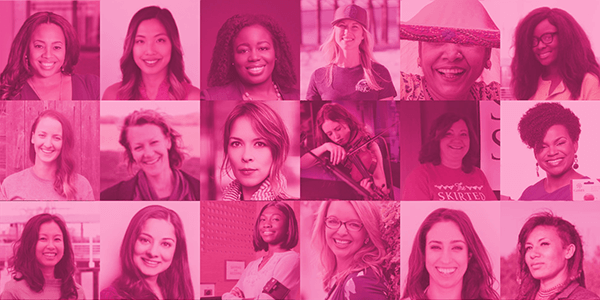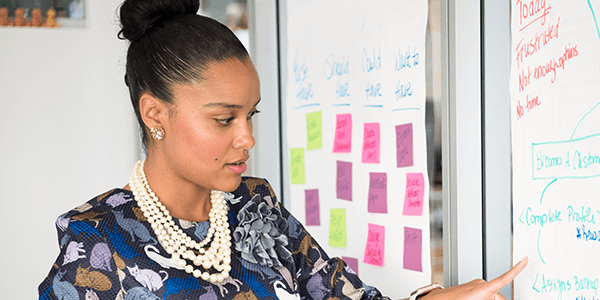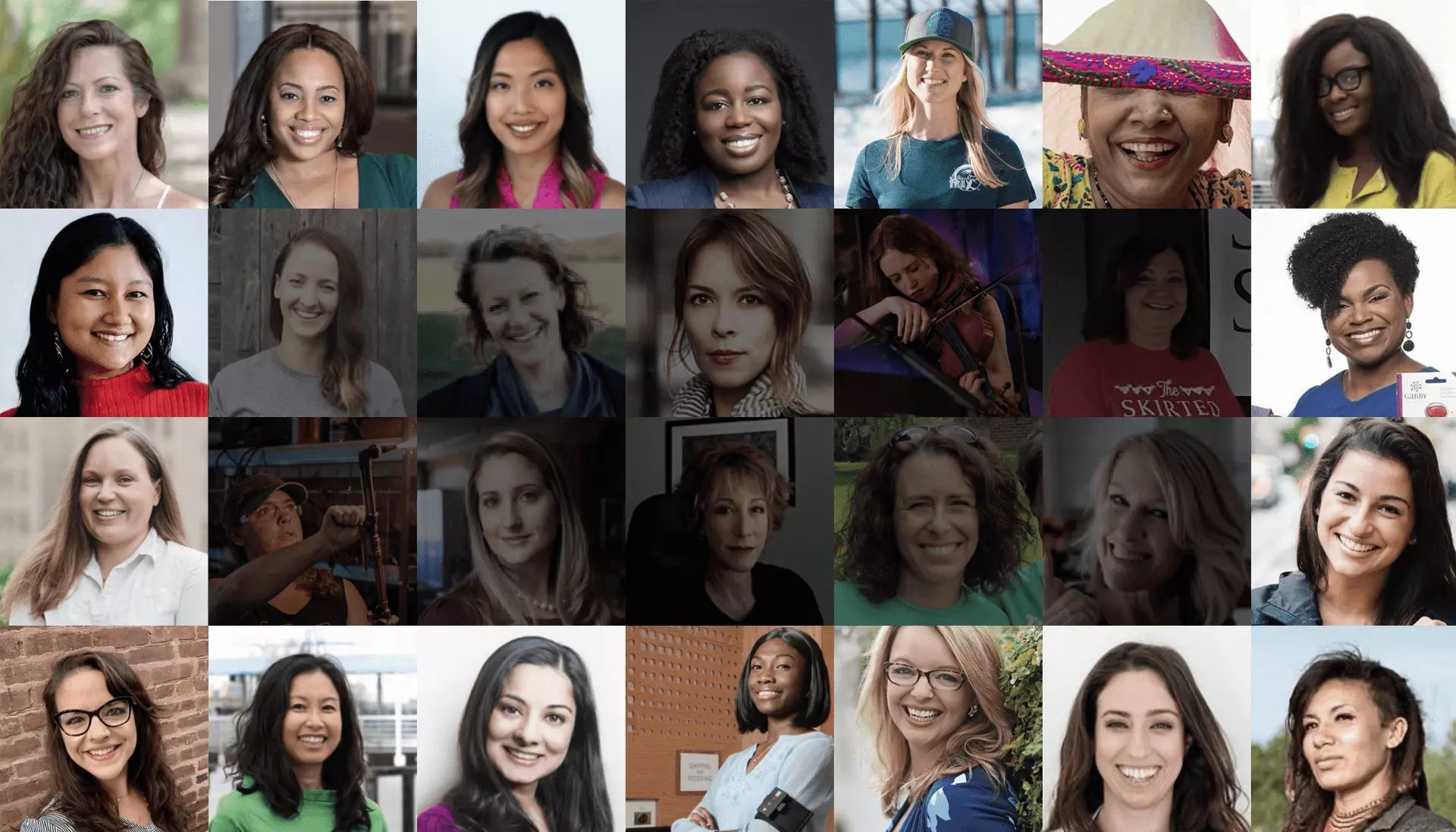Advice From 2022 Amber Grant Winner: Spicing Up the Food Industry
October 1st 2025
 |
We’d like to reintroduce you to Michelle Dudash, RDN, Founder of Spicekick® seasoning, our December 2022 Amber Grant winner. |
|---|
What advice would you give to a new business owner in your industry?
Make sure there is a need for your product and that it is something people actually want. You can test this out on a small scale before investing a lot of money. For example, give away samples to friends. See if they are asking to buy it immediately. Test it out at a farmers market. Do popup shop events.
What was the most important lesson you’ve learned in your business?
What are some pitfalls that you wish you had known about in your industry?
Retail is hard when it comes to scaling at the national level. The national distributors have high fees that you need to build into your pricing.
It can take a long time to get your product into chain retailers, like 18-24 months. You need to be working on a number of leads at one time so you are always growing and winning new accounts.
What part of your industry was the hardest for you to overcome? How did you do it?
Switching production from in-house to a co-manufacturer is a challenge. When you are a brand who is scaling, your quantities may not be large enough for the large co-manufacturers, but as you get into larger retail chains, you need to have a third-party audited facility, which is expensive to a co-packer, no matter the size. So not all co-mans will have this. Also, finding a co-man who doesn’t process gluten-containing ingredients and has the right equipment to process your volume of product can be tricky, too.
To overcome these challenges, I made calls and emails to many co-mans until I found the perfect fit.
Can you share industry-specific resources and/or professional organizations that you’ve found helpful?
Indiana Grown: A state-run program that has been super helpful in marketing locally. Check your own state out for a program specific to your area.
The Good Food Accelerator: I have participated in a number of their co-horts and programs and learned a lot from the programming and mentors.
Startup CPG: Their Zoom meetings and podcast have covered a lot of useful topics.
Expo West: A great show to attend, meet other co-founders, walk the show floor, and attend sessions.
37 Oaks has great resources for selling wholesale.


















